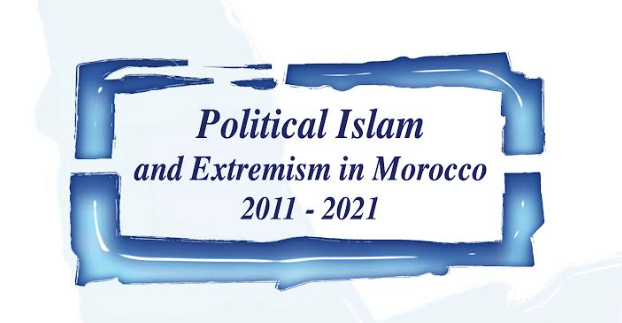Al Mesbar’s 101st monthly book addresses how Sunni and Shi’ite Islamist movements employ social institutions and agencies as a means to build popular support for their agendas. The studies include coverage of how the Muslim Brotherhood has established “social depth” in Egypt, Tunisia, Morocco, Turkey, and elsewhere. The book also delves into these groups’ sources of finance, international money laundering being prominent among them.
From the Brotherhood to Salafi movements, Islamists rely on institutions such as health clinics, schools, Quran-reciting centers, grey market banking, and, of course, mosques. These contexts have enabled Islamists to gain special support among the underprivileged, who come to see the movements as saviors, in light of governments’ social and economic negligence and lack of development in so many realms. Though Islamists have consistently followed the strategy of exerting influence on mosques and expanding into social institutions, other methods vary from country to country, depending on their relationships with a given state authority, ranging from truce to tension to all-out conflict. The Muslim Brotherhood in Egypt failed to establish a political relationship with the government, whereas its sister branch in Jordan was successful in achieving a give-and-take with the government — though not without clashes or state efforts to weaken the group.
The so-called “Arab Spring” affected the strategies of Islamist movements as they sought to dominate the political scene in more than one state, particularly Tunisia and Egypt. Their swift success in the initial round of elections served to vindicate their painstaking longterm efforts to build “social empires” spanning health care, social services, and religious institutions. Their success triggered greater scrutiny of these networks by states in the region, alerted to the dangers the movements posed.
The book also highlights the Islamists’ entrepreneurial spirit: Whether ensconced in government or fully autonomous, Islamist movements have managed to achieve financial self-sufficiency to fund their social and philanthropic activities, as well as their overt or covert political agenda. It is worth noting in this context that some of the very social services aiming to serve the poor have themselves enriched a number of the Islamist leaders’ personal fortunes.
Lebanon’s Hezbollah and the Turkish “Hizmet” movement are two prominent examples of Islamist groups with international investments that have proved highly profitable. Shi’ite Islamists have collected vast sums of money from followers of the major religious authorities (“marji’iya,” meaning “points of reference”), via the religious practice of the “fifth,” or “khums” tax. Sunni groups also collect money from followers, drawing their own justifications from Sunni Islamic law.
The book’s significance at the present time stems from the fact that, while on the one hand, the philanthropic, social, and entrepreneurial activity of Islamist groups is growing, on the other, the management of these institutions faces new challenges. While spending increases, there are some indications that the stability of revenue sources may begin to decrease. Some of the networks face problems navigating the tension between top-down management and decentralization. They have also begun to encounter problems managing a range of local, regional, and international political alliances while maintaining their core principles — and filling the gaps left by leaders who have departed.
The book also attempts to pinpoint security concerns about the relationship between Islamists’ social institutions and a variety of Arab and Muslim states. Suggestions for internal organizational mechanisms for monitoring these institutions are offered in the book, including the establishment of an oversight body which can function as a database, similar to a commercial register. Several Islamist organizations have become “states within states,” partly due to the autonomy they won for want of sufficient monitoring by the state.
The center would like to extend its thanks to all the experts who participated in the book, and in particular to Al Mesbar’s own Rita Faraj, who coordinated it.









